I’ve been thinking a lot about stories. The stories we read, watch, and listen to. The stories we tell. The stories we believe. The more I turn the idea over in my head the more I realize that Thomas King was right when he said,
The truth about stories is that’s all we are.
—Thomas King, The Truth About Stories
(For more about Thomas King and a link to his Massey Lectures on stories and truth check out this post: Five Books by Indigenous Authors You Need to Read)
He’s right. Our lives are saturated with stories.
We read, watch, and listen to stories to escape, to experience, to understand.
We use stories to hide from the truth or change it so it’s more comfortable.
We use stories to learn.
We tell stories to express, to teach, to process, and to disguise truth.
There’s no part of our lives that is untouched by stories.
As a writer and storyteller, I find that thought indescribably beautiful and also heavily terrifying because it means I have a responsibility to think about the truth I’m creating as I write. But I’m not the only storyteller here. We’re all storytellers really, even if some of us don’t see ourselves that way.
We’re all storytellers

The stories we believe about ourselves and our world shape the way we experience everything. They shape our perceptions. They shape our choices.
Here’s an example of a story about me.
“I am resilient and self sufficient.”
This is a story I believe about myself that has gotten me through some really difficult times, but more recently this story has had me resisting asking for help when I need it. When I started paying attention I noticed this pattern and I’ve started to shift the stories I’m telling myself to match the situation I’m in.
These kinds of life shaping stories are everywhere. They are powerful and they have a complicated relationship to truth because a story doesn’t have to be true to influence our behaviour, we just have to believe it.
The kind of person I think I am is a story. Stereotypes are stories. History is a story. All these things influence my behaviour. If I haven’t examined those stories I am probably making some problematic choices.
A story doesn’t have to be true to affect our behaviour, we just have to believe it.
So I’ve been asking myself, what are the stories I believe about the world? About myself? About others? Where do those stories come from? Are they true? What kinds of choices am I making because of these stories?
This Week’s Assignment:
Take a look at the stories you believe.
Aren’t sure where to start? Any place where you have big feelings or opinions is a safe bet. Or do some reading about colonialism or white privilege and look for ways that those things show up in the way you think about the world (they definitely do). This breakdown of colonialism in Canada or this article about white privilege are great places to begin.
Be honest with yourself and be kind to yourself. I had some pretty uncomfortable realizations when I looked closely at the stories I believed about “proper” language and realized that my dismissal of improper grammar was deeply rooted in colonialism, white privilege, and classism. Changing these stories is work that’s worth doing and it’s important to be uncomfortable sometimes. This is how we change the world, we start with ourselves.
I’ll leave you with this poem:
They aren’t just entertainment
Don’t be fooled
They are all we have, you see
All we have to fight off
Illness and death.
You don’t have anything
If you don’t have the stories.
—I Hear the Train: Reflections, Inventions, Refractions by Louis Owens
Until next week, I’m learning with you,
Laurie
Banner Photo by Clem Onojeghuo on Unsplash
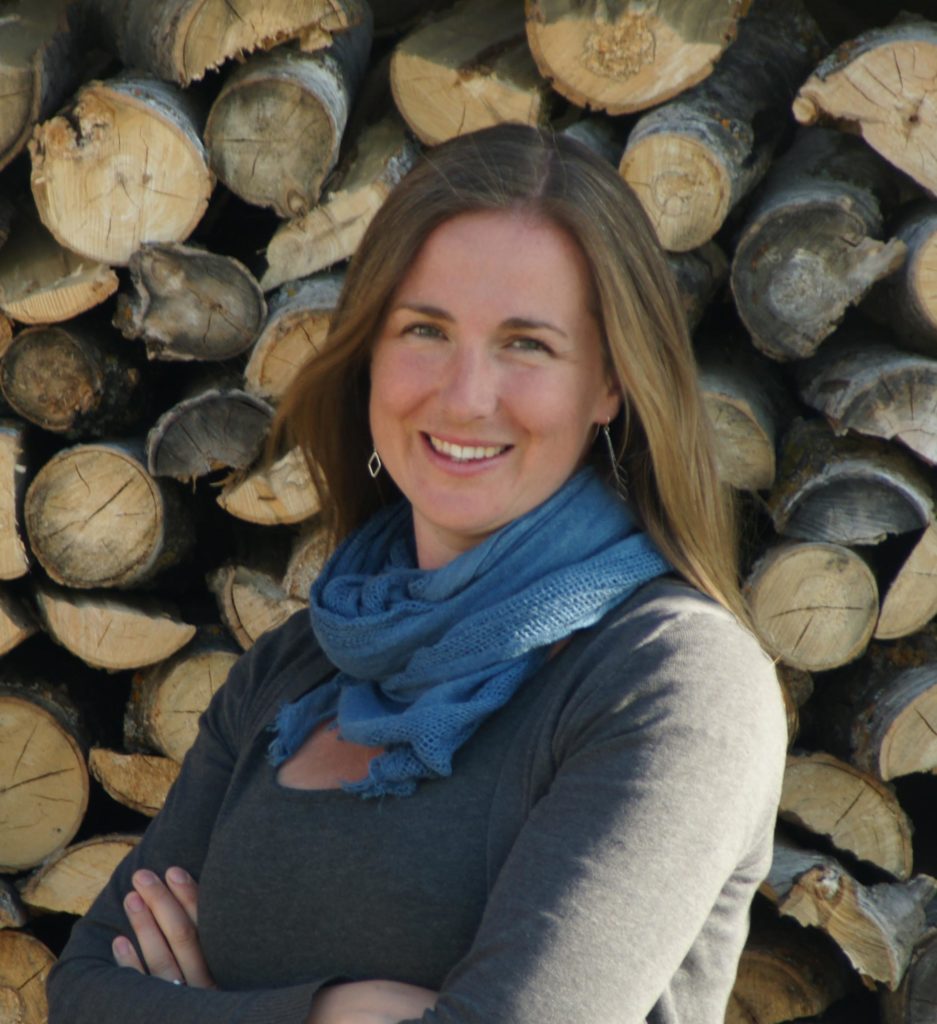
Laurie MacNevin, HF Associate Editor
Laurie is an editor, writer, and researcher. Her deep love of stories led to an Honours degree and a Master’s degree in English Language and Literature from the University of Windsor. Originally from Southern Ontario, Laurie has lived in Manitoba for more than ten years, exploring the stories, landscape, plants, and people of some of the most remote parts of the province including three years in Churchill and two years in God’s Lake Narrows First Nation. Laurie and her family now live on an acreage outside of Carberry.
Not a member of our FREE Book of the Month Club yet? What are you waiting for?
Want a chance to win a free book written by a different Canadian author? Join our Free Book of the Month Club! Every month we review a book by a Canadian author and give it away to one of our email subscribers. Our goal is to share the work of other Canadian authors to help readers find other writers.

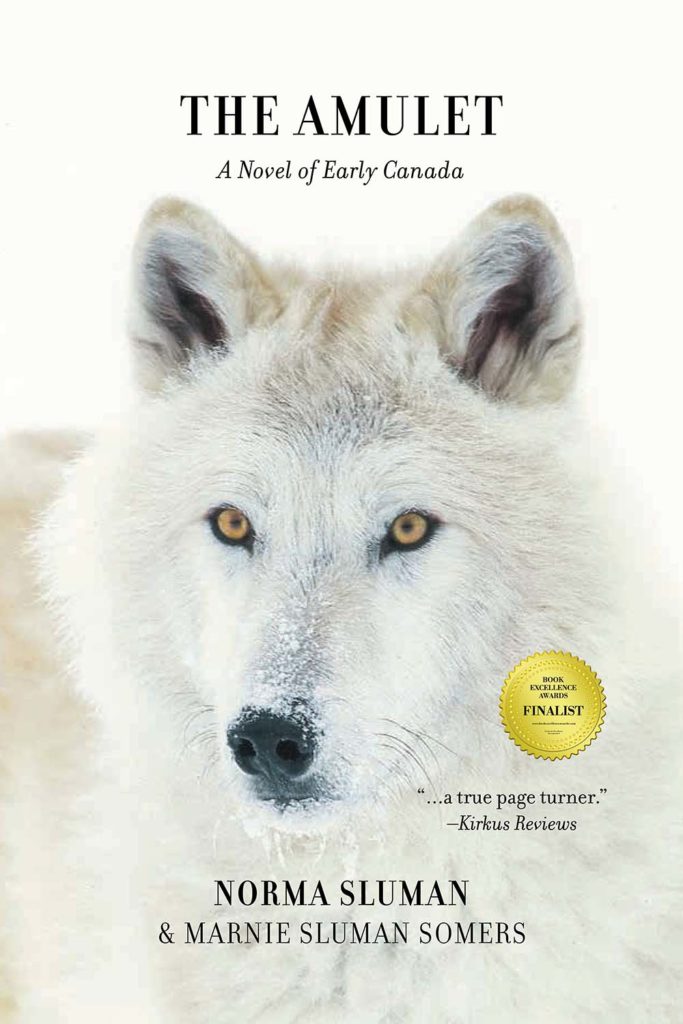
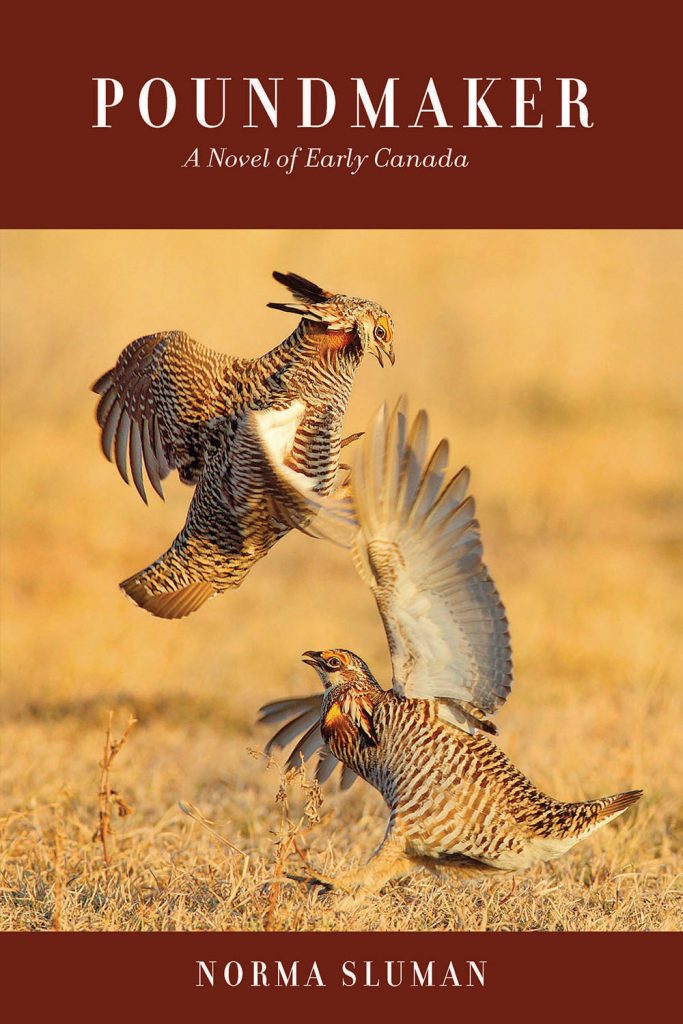
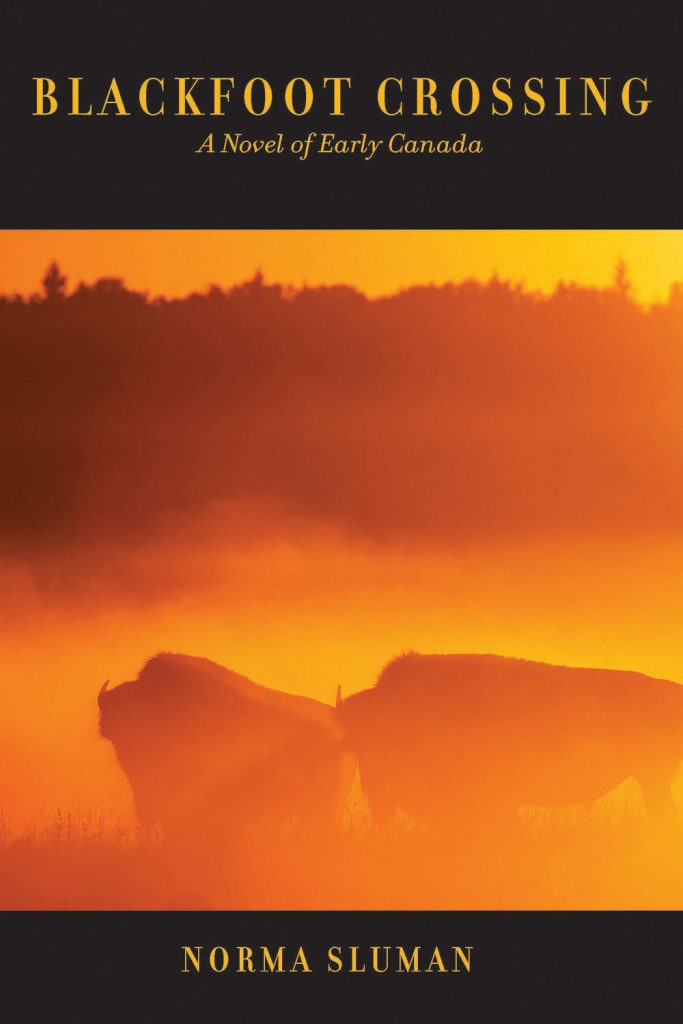
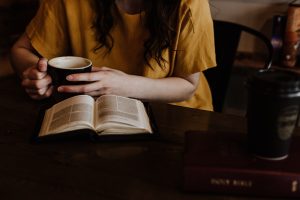
Thank you for writing this post! The articles you recommended for further understanding/education were excellent!
Thanks for encouraging us! We like writing and we really like it when you do too!